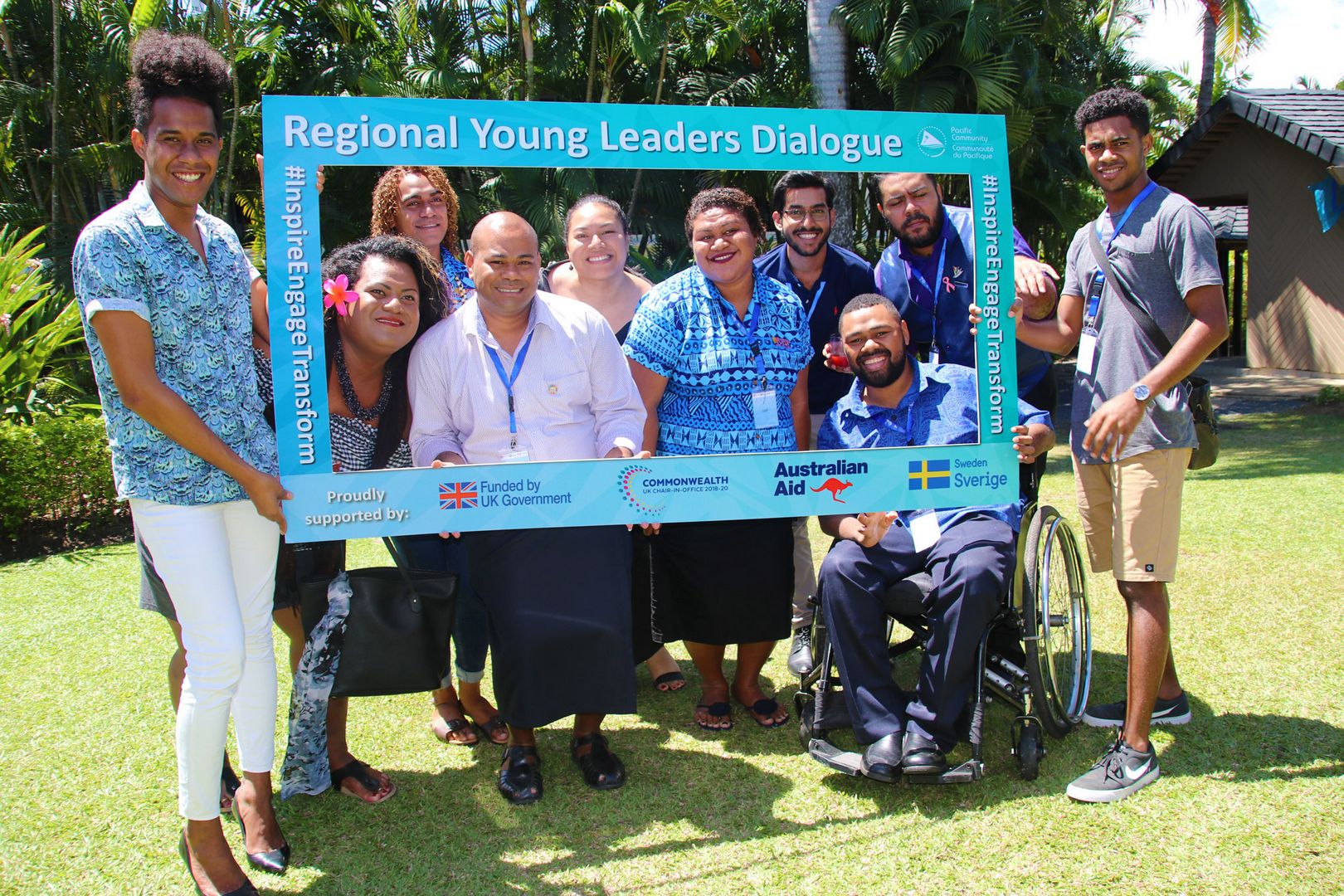SPC’s people-centred approach, which was developed by HRSD and the Climate Change and Environmental Sustainability programme, places people and their environment at the centre of development planning, implementation, decisions, monitoring, and reporting. This approach consists of four pillars: human rights, gender and social inclusion, Pacific culture, and environmental sustainability. The unique social and cultural fabric of each Pacific island country and territory affects how these pillars are interpreted and translated for local application. The approach is, therefore, also informed by the cultural context in which services are delivered for sustainable development.

THE PLANET PRINCIPLES
PLANET is the set of guiding principles for implementing a people-centred approach to development, including food security and emergency response. The application of this framework helps to maximise social and environmental outcomes.
P - Participation: to the greatest possible extent, facilitate the direct and meaningful participation of affected people and communities in food security and emergency response.
L - Link to rights: All food security and emergencyresponse programmes will be guided by humanrights standards, commitments and normative frameworks.
A - Accountability: Information on food security and emergency response work being done and money being spent, is made available to affected communities.
N - Non-discrimination: Food security and emergency response programmes will benefit all communities equitably and not discriminate on any grounds.
E - Empowerment: All food security and emergency response programmes will empower Pacifc people in all their diversities with knowledge and expertise.
T - Transforming social norms: All food security and emergency response programmes will work to transform systemic barriers to sustainable development.



